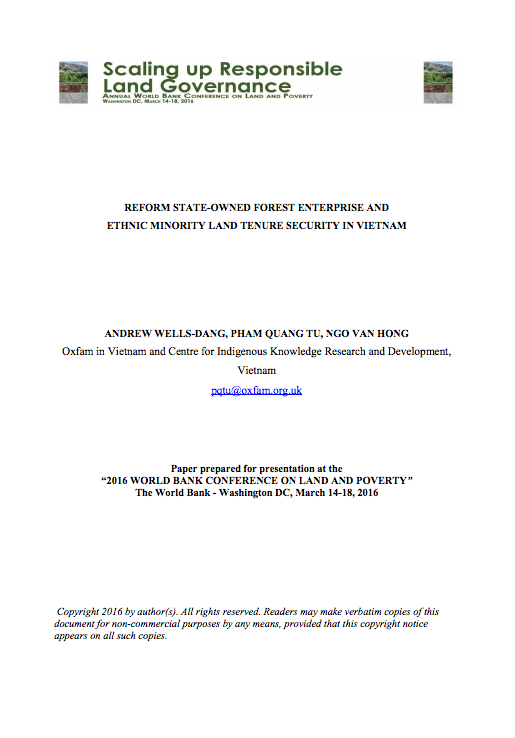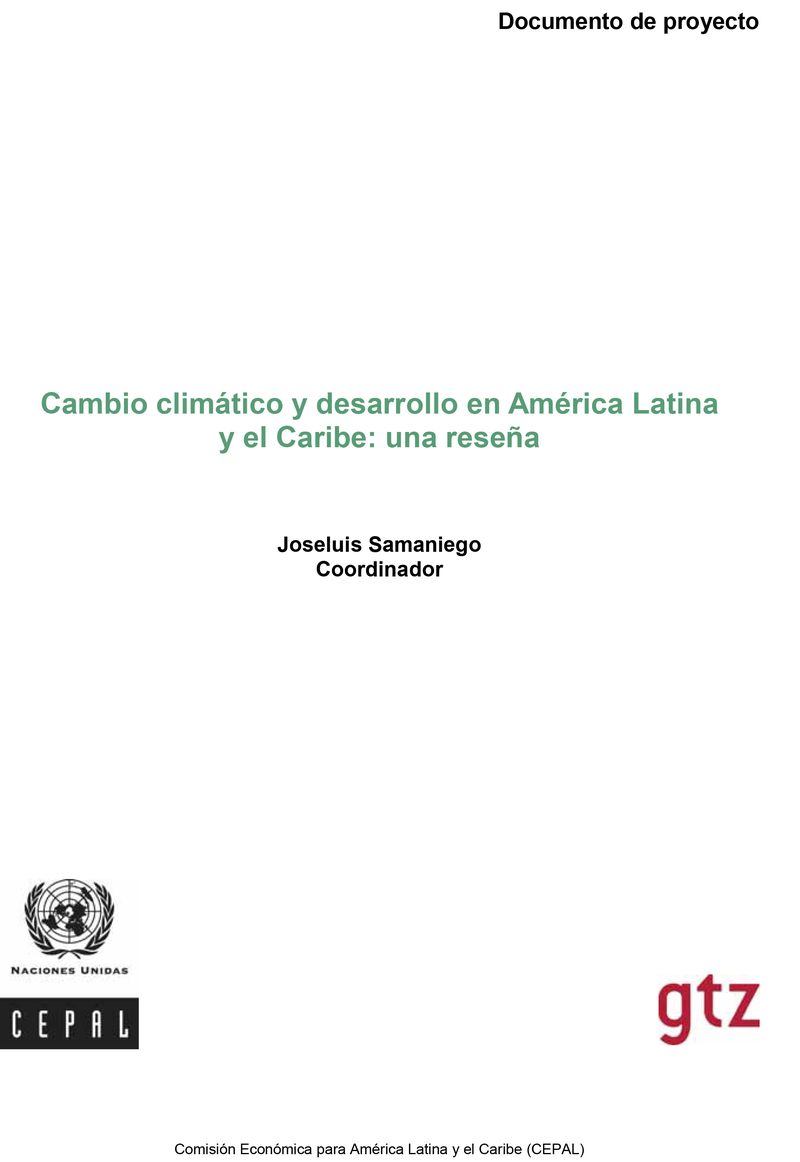Woodland Social Enterprise in Wales
This report was commissioned by Natural Resources Wales to better understand the woodland social enterprise sector in Wales. Findings include the landscape of the sector, what enterprises are doing, and what potential there is for the sector to grow.












